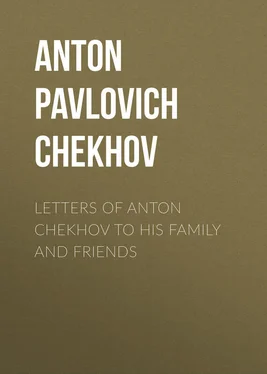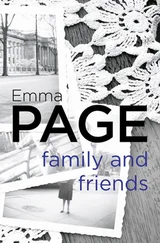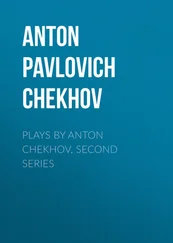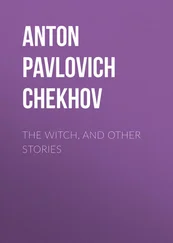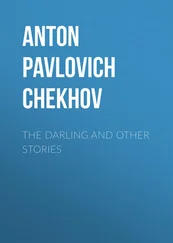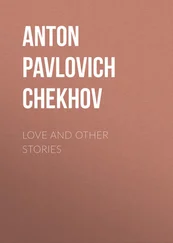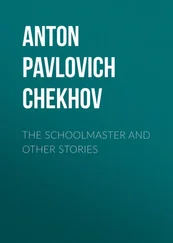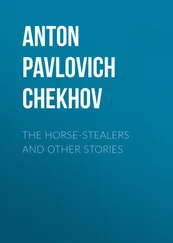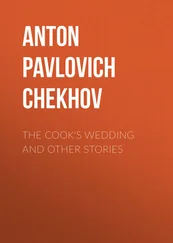The road from Batum to Tiflis is poetical and original; you look all the time out of window and exclaim: there are mountains, tunnels, rocks, rivers, waterfalls, big and little. But the road from Tiflis to Baku is the abomination of desolation, a bald plain, covered with sand and created for Persians, tarantulas, and phalangas to live in. There is not a single tree, there is no grass … dreary as hell… Baku and the Caspian Sea are such rotten places that I would not agree to live there for a million. There are no roofs, there are no trees either; Persian faces everywhere, fifty degrees Reaumur of heat, a smell of kerosine, the naphtha-soaked mud squelches under one’s feet, the drinking water is salt.
… You have seen the Caucasus. I believe you have seen the Georgian Military Road, too. If you have not been there yet, pawn your wives and children and the Oskolki [Translator’s Note: Oskolki , (i.e., “Chips,” “Bits”) the paper of which Leikin was editor.] and go. I have never in my life seen anything like it. It is not a road, but unbroken poetry, a wonderful, fantastic story written by the Demon in love with Tamara.
SUMY, August 29, 1888.
… When as a boy I used to stay at my grandfather’s on Count Platov’s estate, I had to sit from sunrise to sunset by the thrashing machine and write down the number of poods and pounds of corn that had been thrashed; the whistling, the hissing, and the bass note, like the sound of a whirling top, that the machine makes at full speed, the creaking of the wheels, the lazy tread of the oxen, the clouds of dust, the grimy, perspiring faces of some three score of men – all this has stamped itself upon my memory like the Lord’s Prayer. And now, too, I have been spending hours at the thrashing and felt intensely happy. When the thrashing engine is at work it looks as though alive; it has a cunning, playful expression, while the men and oxen look like machines. In the district of Mirgorod few have thrashing machines of their own, but everyone can hire one. The engine goes about the whole province drawn by six oxen and offers itself to all who can pay for it.
September 11.
… You advise me not to hunt after two hares, and not to think of medical work. I do not know why one should not hunt two hares even in the literal sense… I feel more confident and more satisfied with myself when I reflect that I have two professions and not one. Medicine is my lawful wife and literature is my mistress. When I get tired of one I spend the night with the other. Though it’s disorderly, it’s not so dull, and besides neither of them loses anything from my infidelity. If I did not have my medical work I doubt if I could have given my leisure and my spare thoughts to literature. There is no discipline in me.
October 27, 1888.
… In conversation with my literary colleagues I always insist that it is not the artist’s business to solve problems that require a specialist’s knowledge. It is a bad thing if a writer tackles a subject he does not understand. We have specialists for dealing with special questions: it is their business to judge of the commune, of the future of capitalism, of the evils of drunkenness, of boots, of the diseases of women. An artist must only judge of what he understands, his field is just as limited as that of any other specialist – I repeat this and insist on it always. That in his sphere there are no questions, but only answers, can only be maintained by those who have never written and have had no experience of thinking in images. An artist observes, selects, guesses, combines – and this in itself presupposes a problem: unless he had set himself a problem from the very first there would be nothing to conjecture and nothing to select. To put it briefly, I will end by using the language of psychiatry: if one denies that creative work involves problems and purposes, one must admit that an artist creates without premeditation or intention, in a state of aberration; therefore, if an author boasted to me of having written a novel without a preconceived design, under a sudden inspiration, I should call him mad.
Конец ознакомительного фрагмента.
Текст предоставлен ООО «ЛитРес».
Прочитайте эту книгу целиком, купив полную легальную версию на ЛитРес.
Безопасно оплатить книгу можно банковской картой Visa, MasterCard, Maestro, со счета мобильного телефона, с платежного терминала, в салоне МТС или Связной, через PayPal, WebMoney, Яндекс.Деньги, QIWI Кошелек, бонусными картами или другим удобным Вам способом.
